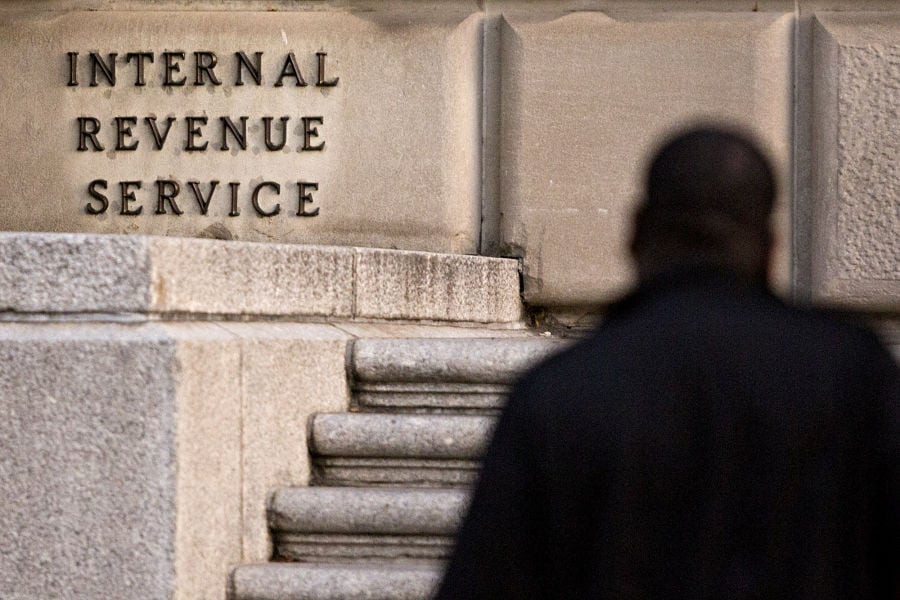

The Internal Revenue Service is planning to ramp up audits of smaller businesses and their investors by about 50% next year, following years of persistently low examination rates, an agency official said Tuesday.
The result could be a surge in audits of companies ranging from mom-and-pop retail stores and technology startups to investment funds that have historically faced only infrequent checks thanks to the time and effort required at the IRS.
“The IRS is focusing our efforts to increase compliance activity in this area of not only partnerships, but also investor returns related to pass-throughs,” De Lon Harris, the IRS deputy commissioner of examination for small businesses, said at an American Institute of Certified Public Accountants event. For 2021 “we are planning for 50% more than we had in the previous year,” he said.
Pass-through entities, which include partnerships, limited-liability companies and sole proprietorships, are incredibly difficult for the IRS to audit because they frequently have complex structures that can involve dozens of interrelated entities. Pass-throughs don’t pay taxes themselves, but “pass” along the profits and tax liabilities to investors -- who then pay the taxes on their individual returns.
A 50% increase in the number of new audits next year could still mean that the agency has a long way to go to resume higher audit ratios, because it’s starting from a low base. The IRS audited only 140 partnership returns of the more than 4 million returns filed in 2018 -- less than 0.00004% -- according to the most recent data from the agency. That’s down from about 0.5% of partnership returns that were audited in 2010.
For S corporations, another type of pass-through entity, the IRS audited 397 returns -- roughly 0.01% of all filed -- in 2018, according to agency data.
The IRS is hiring 50 more specialized auditors to work these cases, with the aim of having them in place by February, Harris said. The IRS can select returns to audit that are up to three years old. If the agency finds significant problems in a taxpayer’s filings, the auditors can examine returns that are even older.
New audit procedures that Congress approved in 2015 mean that the IRS can more easily collect any underpaid taxes it finds during the audit. Instead of having to track down each investor, the IRS can now collect the money from the partnership itself.
[More: IRS lists 2020 tax scams]

The looming threat of federal funding cuts to state and local governments has lawmakers weighing a levy that was phased out in 1981.

The fintech firms' new tools and integrations address pain points in overseeing investment lineups, account monitoring, and more.

Canadian stocks are on a roll in 2025 as the country prepares to name a new Prime Minister.

Carson is expanding one of its relationships in Florida while Lido Advisors adds an $870 million practice in Silicon Valley.

The approval of the pay proposal, which handsomely compensates its CEO and president, bolsters claims that big payouts are a must in the war to retain leadership.
RIAs face rising regulatory pressure in 2025. Forward-looking firms are responding with embedded technology, not more paperwork.
As inheritances are set to reshape client portfolios and next-gen heirs demand digital-first experiences, firms are retooling their wealth tech stacks and succession models in real time.
